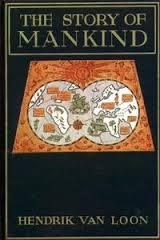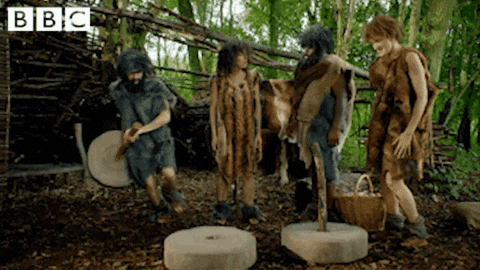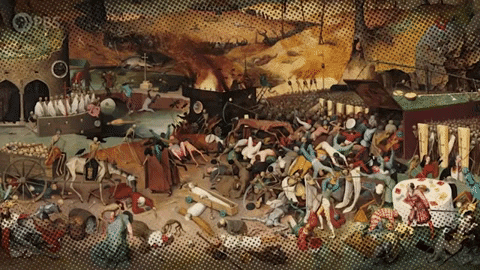What do you think?
Rate this book


280 pages, Paperback
First published January 1, 1921




He was a little fellow and during the first years of his life his health was not very good. He never impressed anybody by his good looks and he remained to the end of his days very clumsy whenever he was obliged to appear at a social function. He did not enjoy a single advantage of breeding or birth or riches....
But he overcame all these difficulties through his absolute and unshakable belief in his own destiny, and in his own glorious future. Ambition was the main-spring of his life....
When he was a half-pay lieutentant, young Bonaparte was very fond of the "Lives of Famous Men" which Plutarch, the Greek historian, had written. But he never tried to live up to the high standard of character set by these heroes of the older days. Napoleon seems to have been devoid of all those considerate and thoughtful sentiments which make men different from the animals. It will be very difficult to decide with any degree of accuracy whether he ever loved anyone besides himself....
He followed the advice of [Machiavelli] and never kept his word when it was to his advantage to break it. The word "gratitude" did not occur in his personal dictionary. Neither, to be quite fair, did he expect it from others. He was totally indifferent to human suffering. He executed prisoners of war (in Egypt in 1798) who had been promised their lives, and he quietly allowed his wounded in Syria to be chloroformed when he found it impossible to transport them to his ships....
And yet, having said these many unpleasant things about this strange tyrant, who looked after every other department of his army with the utmost care, but neglected the medical service, and who ruined his uniforms with Eau de Cologne because he could not stand the smell of his poor sweating soldiers; having said all these unpleasant things and being fully prepared to add many more, I must confess to a certain lurking feeling of doubt.
Here I am sitting at a comfortable table loaded heavily with books, with one eye upon my typewriter and the other on Licorice the cat, who has a great fondness for carbon paper, and I am telling you that the Emperor Napoleon was a most contemptible person. But should I happen to look out of the window, down upon Seventh Avenue, and should the endless procession of trucks and carts come to a sudden halt, and should I hear the sound of the heavy drums and see the little man on his white horse in his old and much-worn green uniform, then I don't know, but I am afraid that I would leave my books and the kitten and my home and everything else to follow him wherever he cared to lead. My own grandfather did this and Heaven knows he was not born to be a hero....
[Napoleon] was never out of the mind of friend or enemy. When illness and despair had at last taken him away, his silent eyes continued to haunt the world. Even to-day he is as much of a force in the life of France as a hundred years ago when people fainted at the mere sight of this sallow-faced man who stabled his horses in the holiest temples of the Russian Kremlin, and who treated the Pope and the mighty ones of this earth as if they were his lackeys.
[about Napolean]: ... if you want an explanation of this strange career, if you really wish to know how one man could possibly rule so many people for so many years by the sheer force of his will, do not read the books that have been written about him. Their authors either hated the Emporer or loved him. You will learn many facts, but it is more important to "feel history" than to know it. Don't read, but wait until you have a chance to hear a good artist sing the song called The Two Grenadiers. The words were written by Heine, the great German poet who lived through the Napoleonic era. The music was composed by Schumann, a German, who saw the Emperor, the enemy of his country, whenever he came to visit his imperial father-in-law. The song therefore is the work of two men who had every reason to hate the tyrant.
Go and hear it. Then you will understand what a thousand volumes could not possibly tell you.

